name of 14th century Moroccan explorer who traveled throughout the Islamic Empire, India, and China between 1325 and 1355.

Ibn Battuta
Name of the three Western African Kingdoms
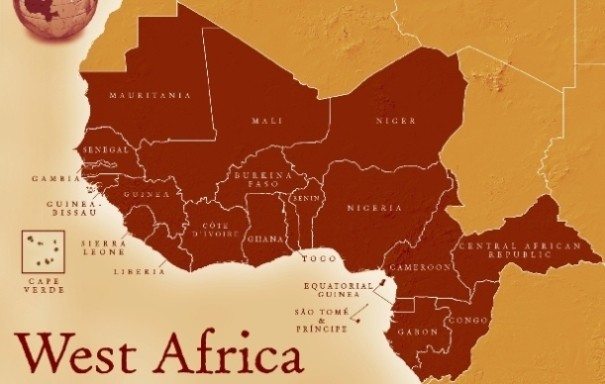
Mali, Songhia, Ghana
Name of the holy book of Islam
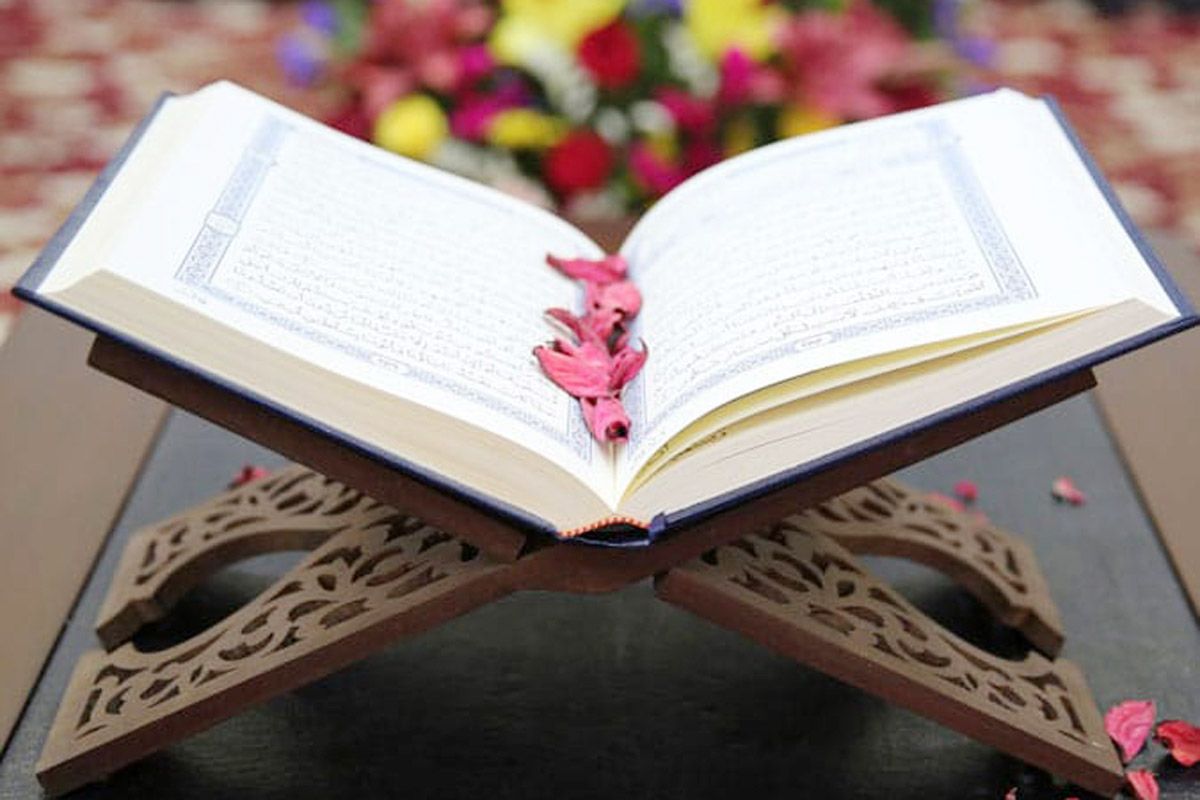
Quran
How might geography help or hinder the expansion of the Mongol empire? (i.e Asian Steppes, Himalayan Mountains)
Varies
Name this Western African king, who is considered to be one of the wealthiest people of all time
Mali
The Domestication of this animal, also called the "ships of the deserts", allowed Arabian merchants to more easily make trips across the Arabian desert
Camels
The wealth and prosperity of Mali and Songhai were dependent on controlling the trade in

Gold and Salt
Years after the death of Mohammed Muslims split into these two groups
Sunnis and Shittes (Shia)
Born Temujin this Mongolian leader unites the Mongolian Clans and founds Mongol Empire
Genghis Khan/ Chinggis Khan
Which institution/ group was a unifying force in Western Europe during the Dark Ages (Middle Ages)
The Catholic Church
Islam considers these two other Monotheistic religions that originated in the Middle East "People of the Book"
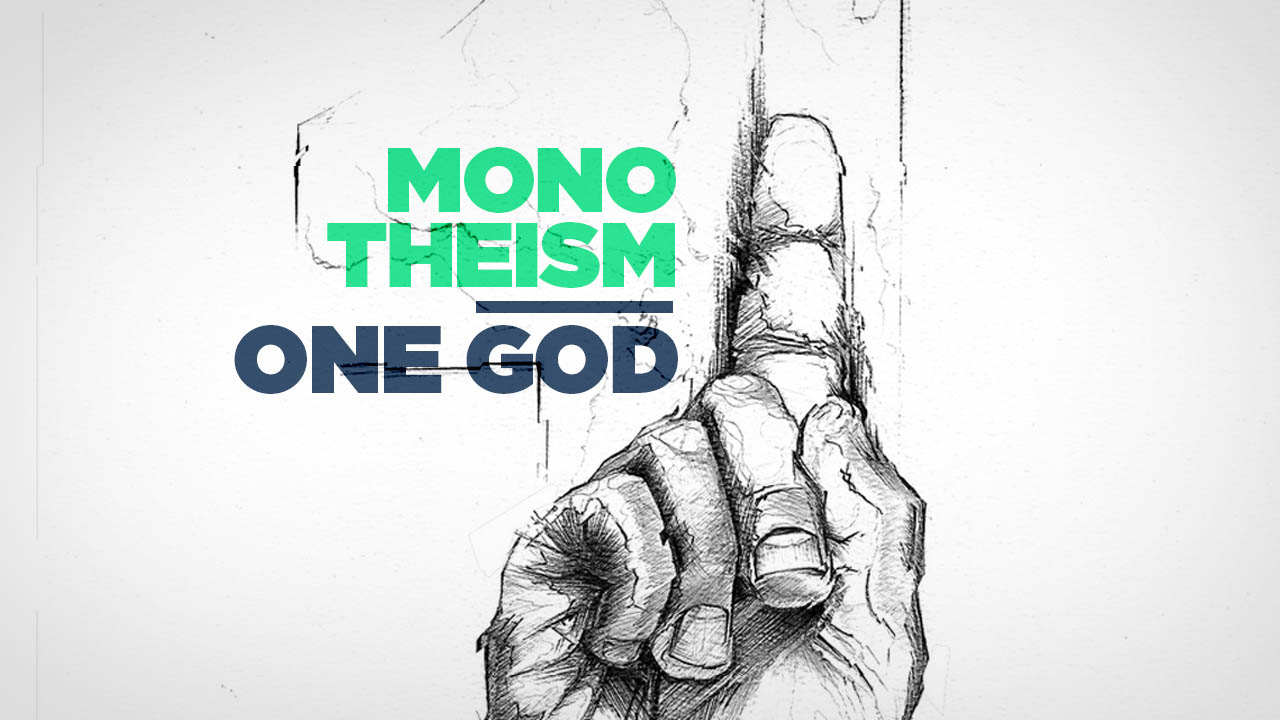
Christian and Jews
These trades routes were the dominate routes in North and Western Africa.
Trans Saharan Trade Routes
The Civil and Religious leader of the Islamic Empire is called a

Caliph
Name of Mongolian tent which was portable
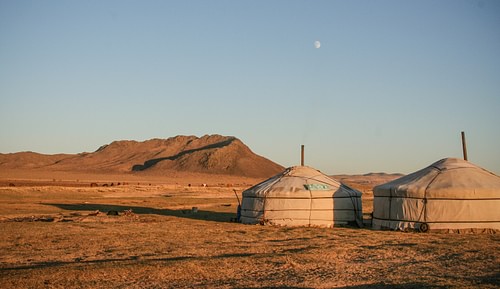
Yurt
This exam, which allowed those who passed to get a position in the government, and based on Confucius ideals is called the
Civil Service Exam
What is the name of the rules of conduct which are essential to the core beliefs of Islam
1. Ramadan (Fasting Month), 2. Charity , 3. Hajj (Pilgrimage), 4. Belief in one god, 5. Pray 5 times a day

5 Pillars of Islam
This African migration is one of the largest migrations (movements) of people in history. It occurred between 500 B.C and 1500 A.D

The Bantu Migration
This Abbasid learning center, where academic works were translated and preserved (Greek, Indian, Chinese, Roman, etc) of learning in Baghdad was called the
House of Wisdom
How did the Mongols gain and maintain power?
Varies
Answer one of the following questions:
Describe the Historical circumstances that led to the signing of the Magna Carta.
or
What are at least two effects of the Magna Carta
Part I
King John II forced to sign 1215 by angry nobles who hated higher taxes, being jailed for no reason, abuse of power by the king
Part II (Impacts)
- Due process
- Jury by peers
-limited powers the King
- Government officials are picked by merit (skills)
- created a parliament (legislative body of government)
The Abbasid Dynasty, which lasted from 750 to 1254, is considered a golden age in Islamic history. Give three reasons why many experts called this time period a golden age

- Algebra
- Creation of hospitals
- House of Wisdom
- Translated Greek and Rome text
- Beatification of cities
- Philosophy
- Availability of books
Why was Mansa Musa an important figure in African history (identify two reasons)
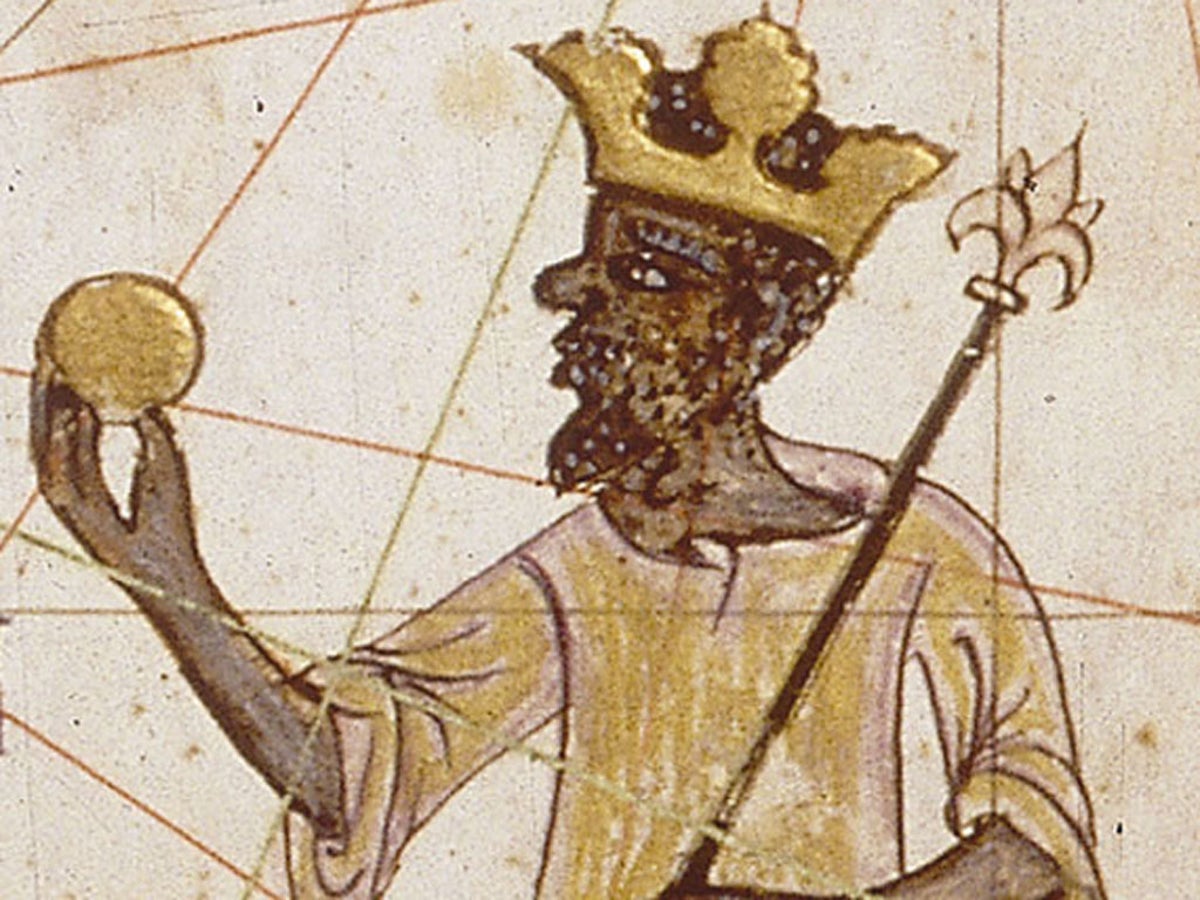
- Spreads Islam throughout Western Africa
- Builds cities, Mosques, Libraries throughout his Kingdom
- Annexes Timbuktu and helps develop it as a center of trade and learning
- Doubles size of Mali Empire
-Centralizes Mali
What impact does the prophet Mohammed have on the Spread of Islam (give one reason)

- provides a sense of unity and solidarity
- Protest against idol worship and Polytheism
- Conquers Mecca
- Spreads Islam throughout the entire Arabian Peninsula
- Introduces Islam
Write down at least 3 positive and negative effects of Genghis Khan’
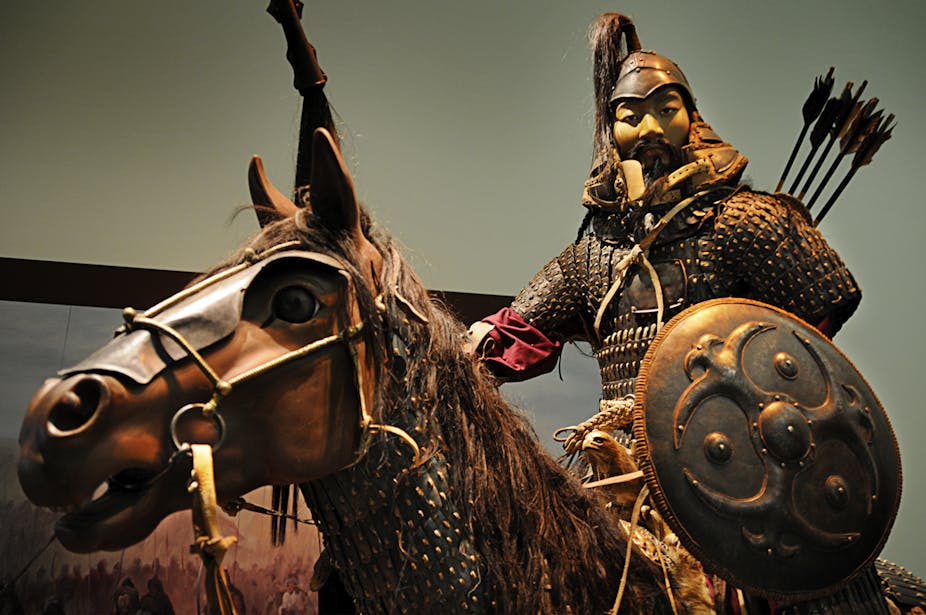
Varies
The Tang (618–906) and Song (960–1279) Dynasties were considered golden ages in Chinese history. List at least 4 innovations that were created or used during this time period
-Fast ripening rice
-Porcelain
-Silk
-Gunpowder
-Compass
- Wood Block Printing